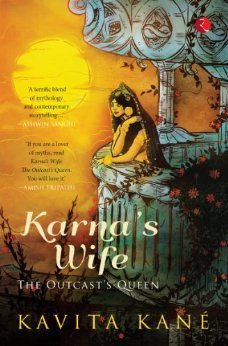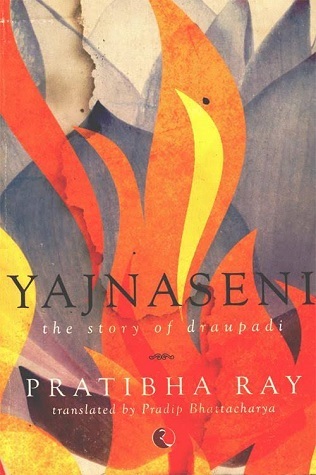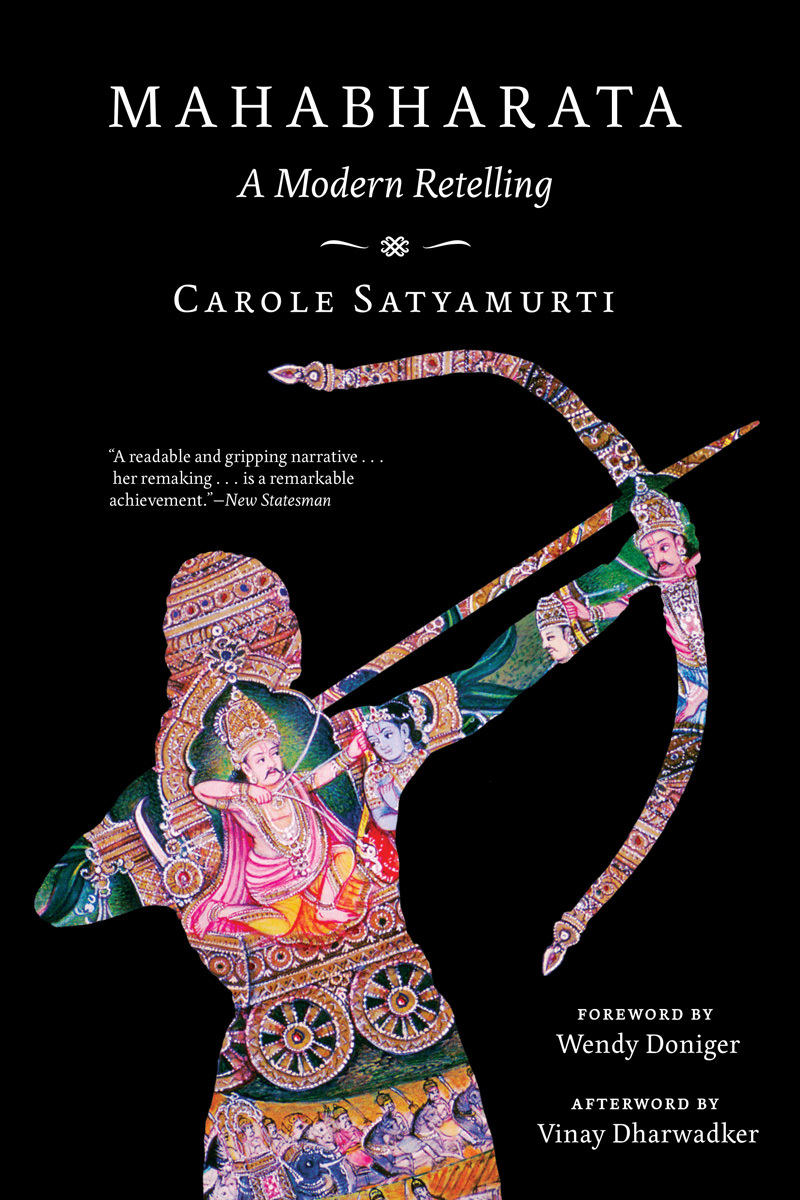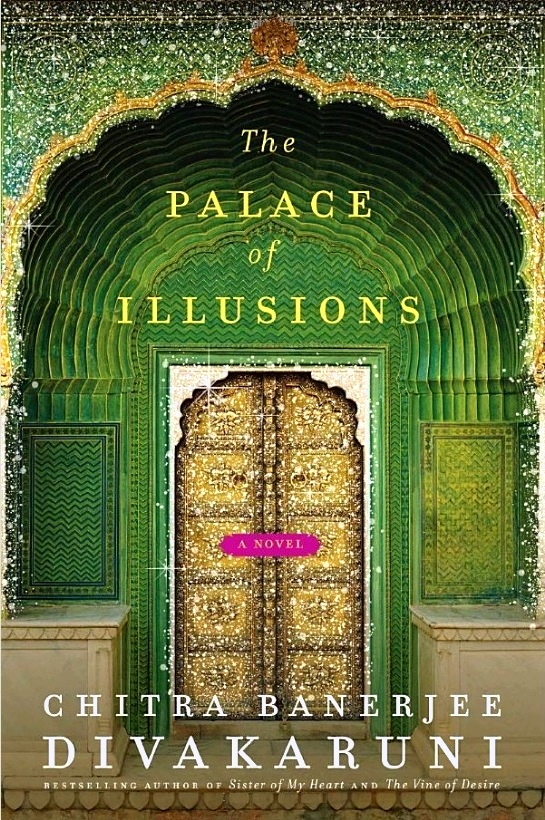
Karna's Wife: The Outcast's Queen
Book Description
Beneath the grandiosity of ancient battles and heroic legacies lies a story of love, betrayal, and untold power. Karna’s Wife, the Outcast's Queen, challenges the very fabric of loyalty and desire as she navigates a world where her husband's valor is overshadowed by the stigma of his birth. With every whispered secret in the royal courts and the weight of destiny bearing down on her, she must choose between her love for a man labeled a pariah and the fiery ambition that threatens to consume them both. Will she wield her influence to shape a future or become yet another victim of fate?
Quick Book Summary
"Karna’s Wife: The Outcast's Queen" by Kavita Kané retells the epic Mahabharata through the eyes of Uruvi, Karna’s wife. Set against the backdrop of ancient India’s mythic warfare and royal intrigue, the novel reshapes the narrative by examining the marginalized voices and untold perspectives, particularly that of the enigmatic Uruvi. As Karna rises from humble beginnings to become a valiant yet stigmatized hero, Uruvi’s journey is fraught with societal scorn, personal sacrifice, and profound love. Caught between her loyalty to her husband and the harsh judgements of society, Uruvi must find her own place amidst the swirling forces of destiny, prejudice, and ambition. The novel artfully explores the emotional and political turmoil faced by those standing in the shadow of epic history, questioning fate and the nature of true nobility.
Summary of Key Ideas
Table of Contents
Stigma and Social Exclusion
The novel centers around Uruvi, a Kshatriya princess who, defying tradition and parental wishes, chooses to marry Karna – a warrior of exceptional skill, but also a man stigmatized as the charioteer’s son. Uruvi’s decision brings her not just love but also the burden of social alienation, as she witnesses firsthand the depth of societal prejudice against Karna. The narrative delves deeply into Uruvi’s adjustments in her new life, the emotional costs of aligning with an outcast, and the persistent questioning of established social structures.
Love and Sacrifice Amidst War
Against the sweeping canvas of the Mahabharata’s battles, the story humanizes history’s grandest events by focusing on individual emotion and moral complexity. Uruvi’s love for Karna, while passionate, is constantly tested by the unrelenting hostility from court, kin, and even fate itself. As the epic’s conflict intensifies, the personal struggles within their marriage mirror the broader turmoil – loyalty is pitted against duty, and personal happiness against the obligations of lineage and honor.
Redefining Legacy and Heroism
Uruvi’s journey is not only one of love and pain but also of self-discovery and empowerment. Despite living in a patriarchal and conservative society, she asserts her voice, questions destiny, and navigates palace intrigues with remarkable resilience. Her close observations of the feuding Kurus and Pandavas, and her interactions with other pivotal characters like Kunti, Draupadi, and Krishna, force her to repeatedly reconsider her own beliefs and choices.
Fate, Choice, and Agency
While Karna’s story is central, the novel reframes the narrative to highlight Uruvi’s perspective as a lens for understanding the silent suffering and resilience of countless women behind legendary men. Her internal conflicts – balancing love, ambition, and justice – reflect a complex negotiation with fate, ultimately challenging the traditional perceptions of heroism and legacy. Uruvi’s bond with Karna grows stronger even as his death approaches, and she emerges as a powerful character transforming her suffering into newfound strength.
Power and Voice of Women
By chronicling Uruvi’s evolution from a princess to a queen marked by sorrow yet defined by compassion, the novel illuminates the nuances of agency and destiny. In the end, the author presents a powerful meditation on the forgotten voices in epic tales, inviting readers to reconsider notions of nobility, loyalty, and the true cost of greatness. "Karna’s Wife" thus becomes not only a retelling of the Mahabharata but also a tribute to women whose stories shape—and survive—the tides of history.
Download This Summary
Get a free PDF of this summary instantly — no email required.





